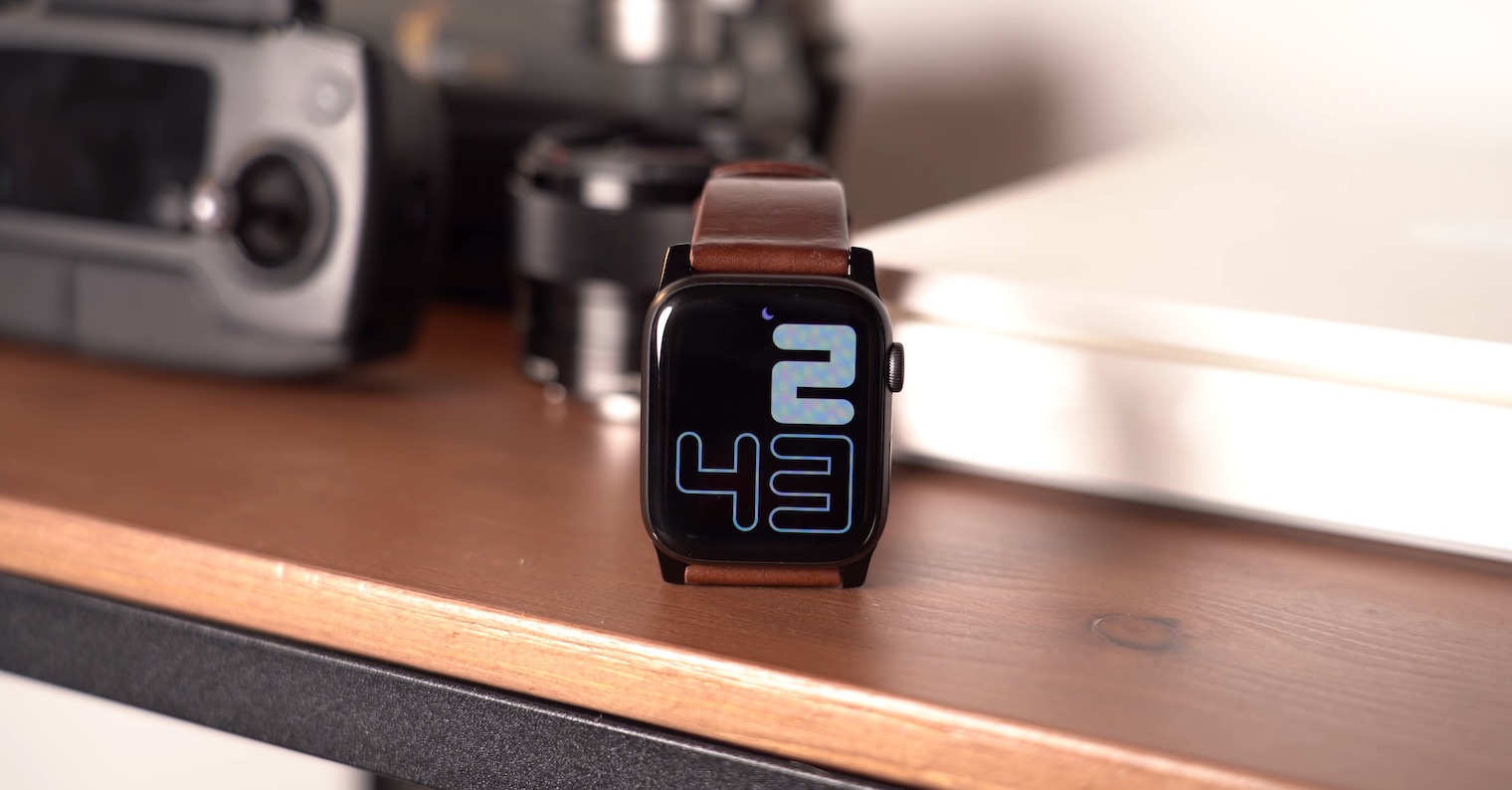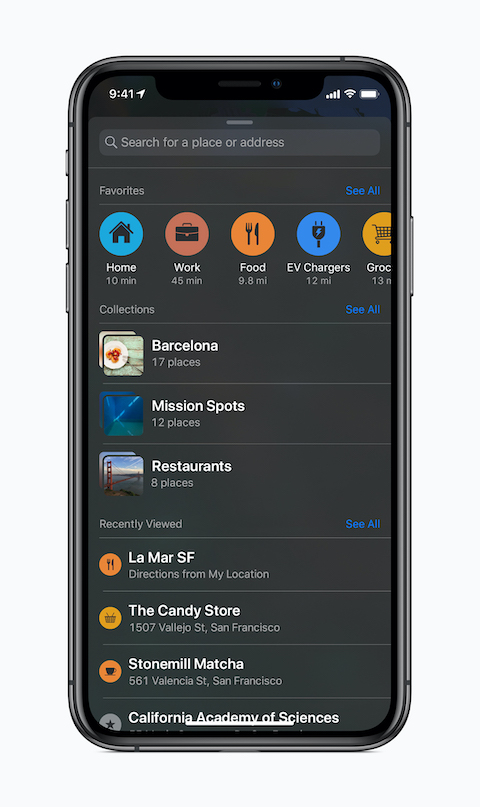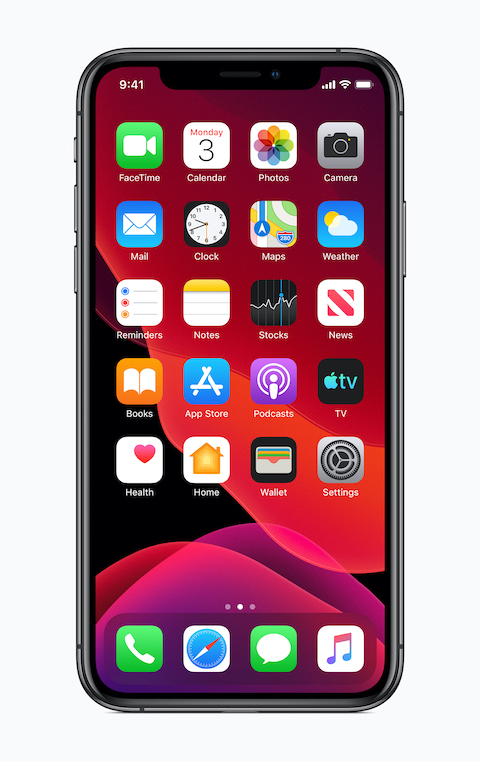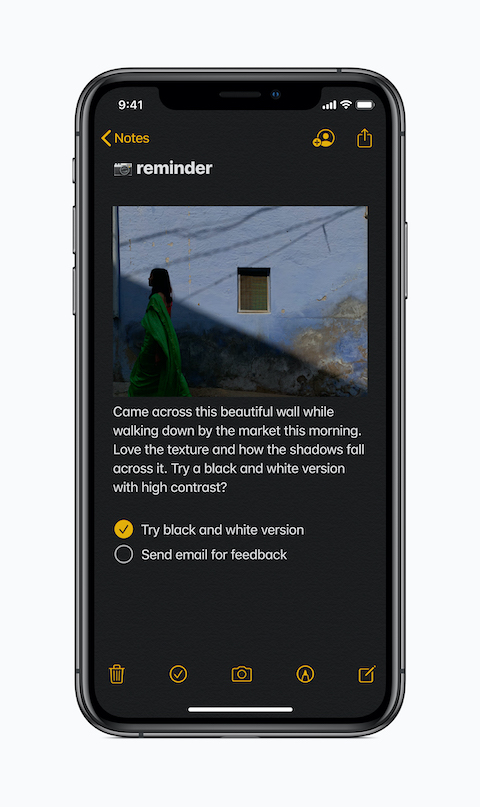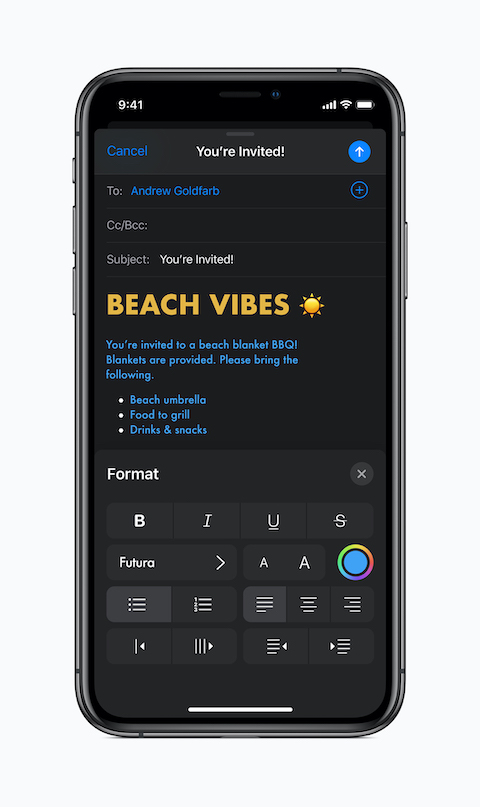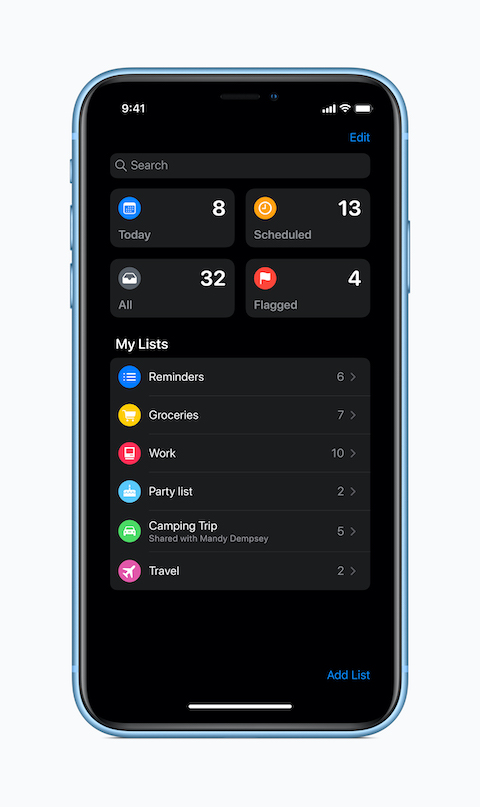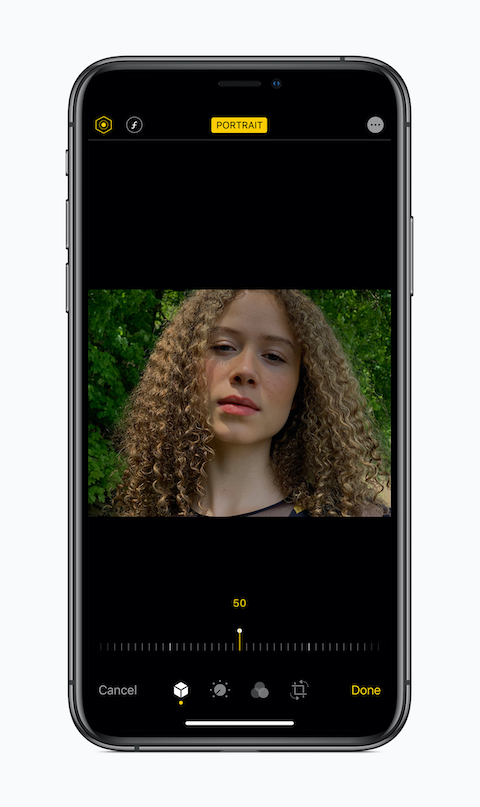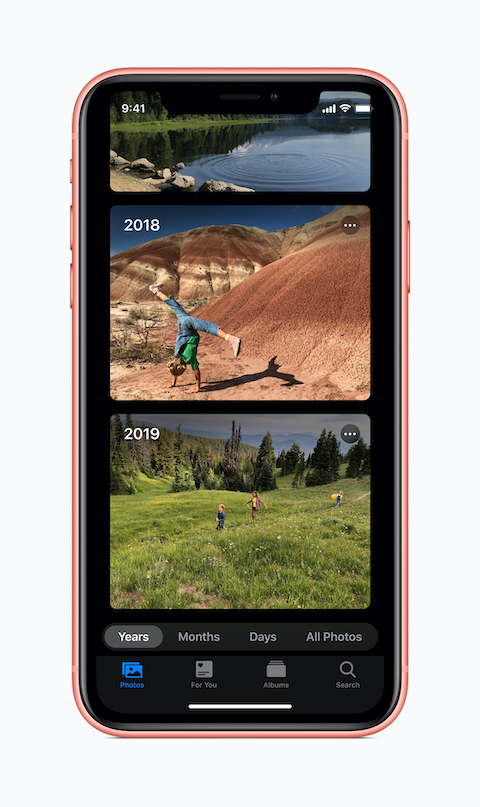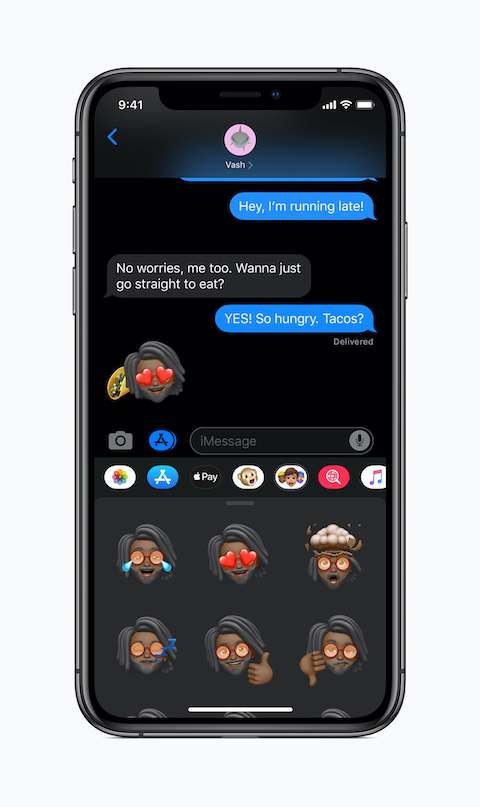Yesterday, Apple released the long-awaited revision of iOS 13.4, which brings some very interesting news - you can read the full overview <a href="https://cdn.shopify.com/s/files/1/1932/8043/files/200721_ODSTOUPENI_BEZ_UDANI_DUVODU__EN.pdf?v=1595428404" data-gt-href-en="https://en.notsofunnyany.com/">here</a>. The new product has been around for a few hours now, and during that time a lot of information about how it actually works has appeared on the web.
It could be interest you
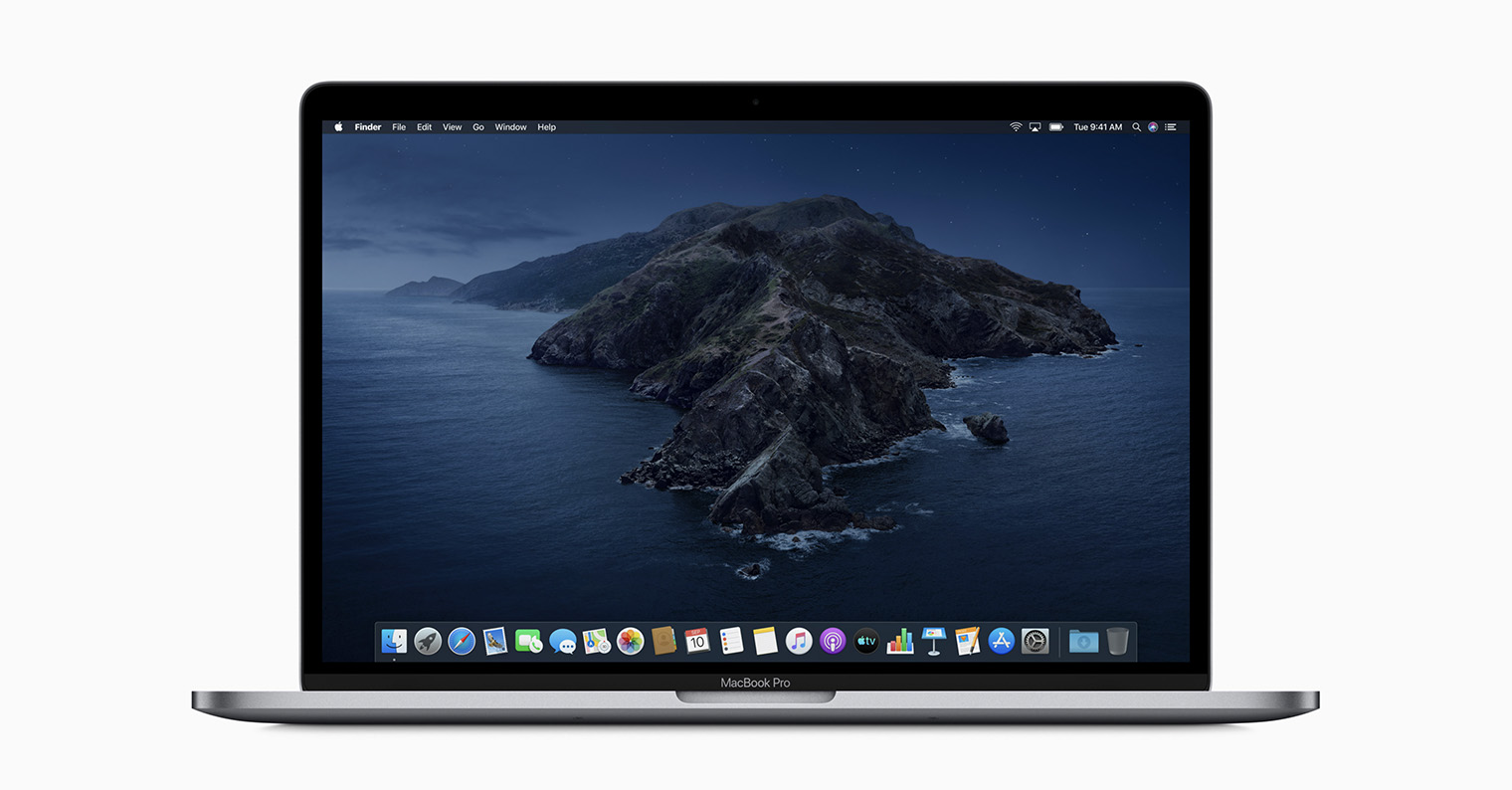
YouTube channel iAppleBytes focused on the performance side. The author installed the update on several (primarily older) iPhones, starting with iPhone SE, iPhone 6s, 7, 8 and iPhone XR. The results, which you can also view in the video below, indicate that iOS 13.4 slightly speeds up these older iPhones, especially with regard to movement in the operating system and recording when turned on.
Compared to the previous version of iOS 13.3.1, phones with iOS 13.4 boot up faster and respond faster to user interface requests. The operating system generally feels smoother. However, there is no increase in performance (perhaps no one expected that either). The benchmark results show almost identical values as for the previous version of iOS.
It could be interest you
